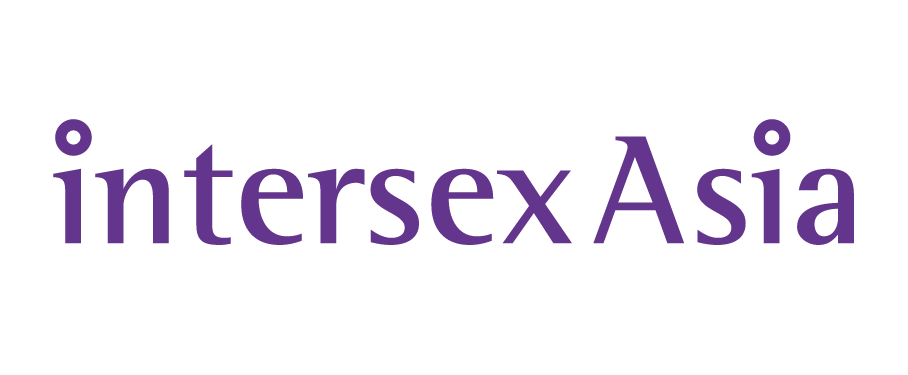
Intersex individuals in South Asia have long encountered significant challenges stemming from their unique sex characteristics that are beyond the typical male/female binary. This has led to unauthorized medical interventions aimed at conforming them to societal norms, often beginning in infancy. The region’s lack of awareness and legal safeguards has resulted in discrimination, hindering intersex individuals from leading fulfilling lives. To change that, we need to go back to the drawing board and look for a deeper understanding of the current state of intersex rights in the region. It’s exactly what Intersex Asia and Egale Canada have diligently worked on over the past three years, gathering data and insights on intersex rights in South Asian countries. We’re now proud to announce the launch of a new set of reports, a collaborative effort to shed light on the current state of intersex rights and services in India, Bangladesh, Nepal, and Pakistan, highlighting initiatives to protect the right to bodily integrity and promote awareness and medical sensitization.
A Human Rights-Centered Approach
Data collection and research are crucial for understanding intersex people’s experiences and informing better policies and programs. Throughout the implementation of this research, Intersex Asia and Egale Canada have always advocated for a human rights approach, recognizing intersex individuals’ right to self-determination and bodily integrity.

Esan Regmi, a board member of Intersex Asia from Nepal, emphasizes the importance of understanding the daily struggles of the intersex community while assessing other factors in the research framework.
“We prepared our research framework by keeping the community’s perspective at the centre. I am glad that our reports are able to dig deep to learn what they’re truly facing, day by day, then look at the related areas like the medical system, doctors’ level of awareness, how families perceive intersex, the way the legal system in these countries is currently supporting or not supporting this community.” He said.
By engaging with the intersex community and garnering international support, these reports offer valuable insights into enhancing medical sensitization, raising awareness, and addressing the legal landscape across the four countries. A comprehensive approach is essential not only for addressing the challenges specific to intersex individuals but also for recognizing the intersections with other marginalized communities.
Hiker Chiu, Executive Director of Intersex Asia, underscores the significance of launching these studies in these countries as a pivotal step in building an evidence-based database for the intersex movement, raising visibility and awareness of intersex issues at the policymakers’ level, and safeguarding the well-being and human rights of the intersex population.
“Launching this series of four studies on intersex rights in India, Bangladesh, Nepal, and Pakistan is a critical step towards ensuring the well-being and human rights of this often marginalized population. By shedding light on the challenges faced by intersex individuals and highlighting legal gaps, we hope to pave the way for a future where bodily autonomy and acceptance are the norm,” said Hiker Chiu.
What’s next?
The launch of these reports marks a crucial milestone in chalking the path toward understanding and promoting intersex rights in South Asia. However, there is still much work to be done. The insights gained from these studies will serve as a foundation for future initiatives aimed at raising awareness and advocating for legal reforms.
That’s why we’re not stopping here. Intersex Asia is committed to expanding its research efforts to the Southeast Asia region, ensuring that more data is generated and a broader understanding of the challenges faced by intersex individuals is achieved. By engaging with the intersex community and collaborating with international partners, Intersex Asia aims to create a more inclusive and supportive environment for intersex individuals across the region.
To access the four reports, please visit the following link:



